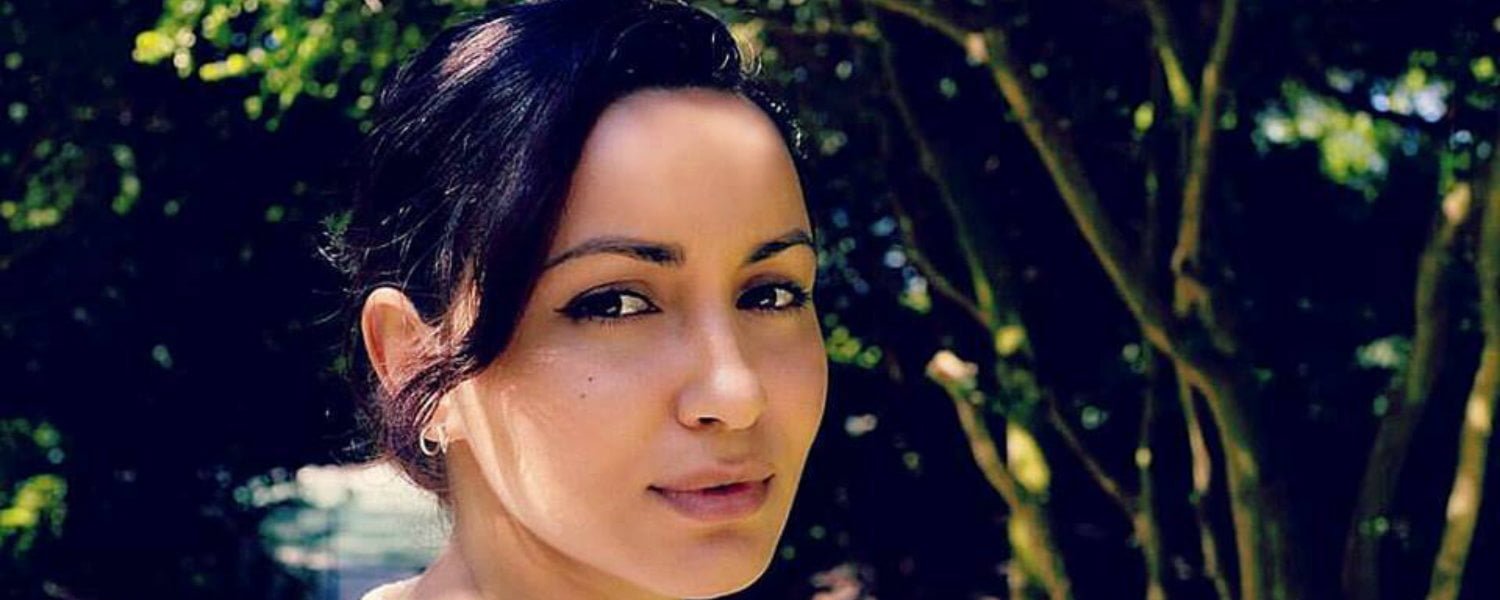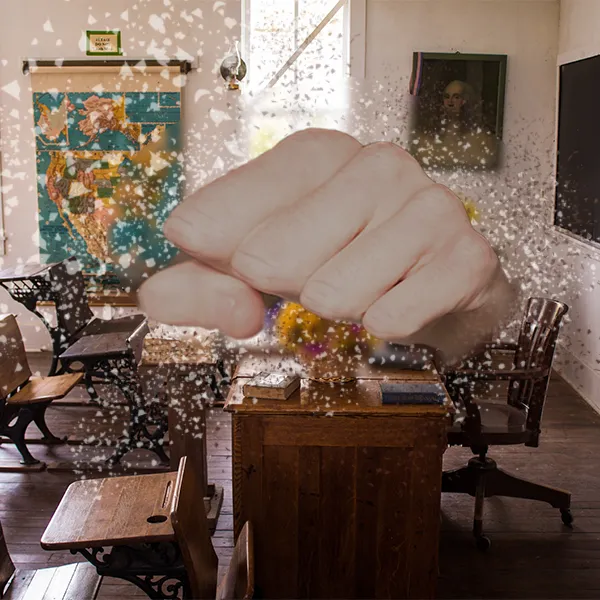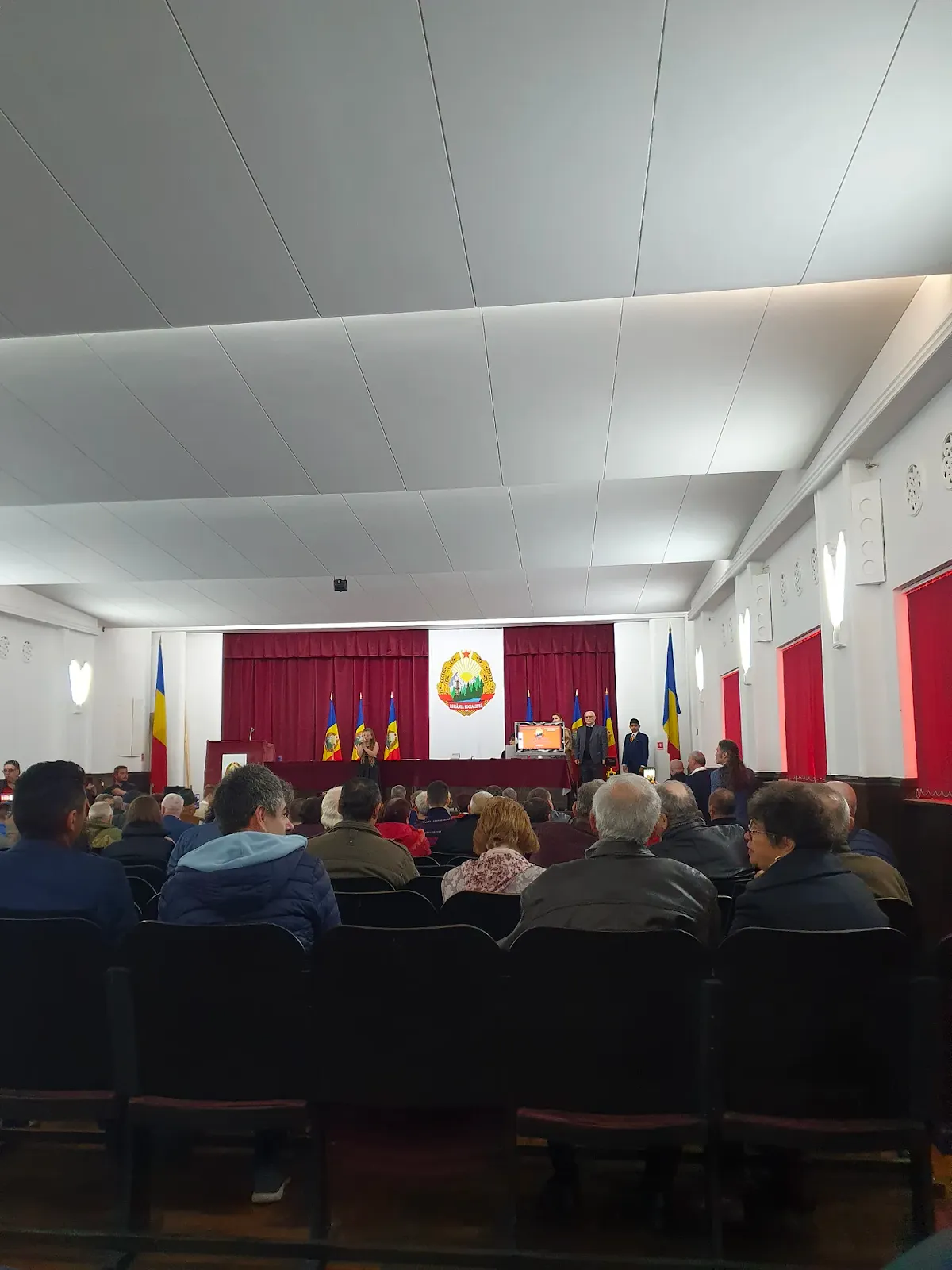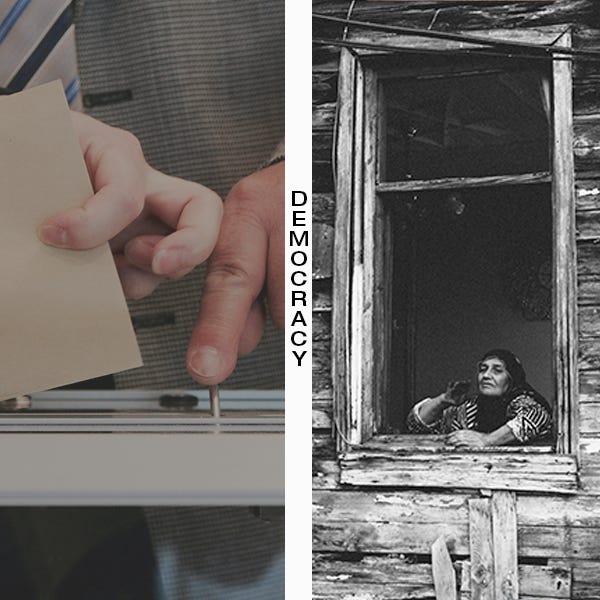Ahlam Chemlali is from Copenhagen, Denmark, where she works as a programme manager at DIGNITY – The Danish Institute against Torture. In her work and research she has dealt with torture, migration, human rights abuses, forced labour, etc. Ahlam was one of the international participants at the 3rd Telciu Summer School, which took place between 11 and 19 August 2018 in the Transylvanian village of Telciu. The summer school dealt with issues such as decolonisation, forced, slave and precarious labour, etc.
Vladimir Mitev
Mrs. Chemlali, you wrote on your Facebook page before coming here that you were curious about the event and had great expectations. What are your impressions from the Telciu Summer School, now that it is coming to an end? Were your expectations justified?
I think my expectations were not only met, but exceeded. It`s been a very interesting, intense, insightful and rich event, as far as the topics and approaches of lecturers are concerned. There have been multidisciplinary approaches – from the standpoint of economy, literature, sociology, anthropology, performance art. Workshops were interesting and rich, too.
What specific presentations, seminars and events were interesting for you?
Many of the events in the programme were interesting and were related to my field of work and studies. The localised and regionalised discussions – such as those on slavery of Roma or unpaid labour, were also of great value. The whole discussion about the future of work and forced labour, were also interesting for me. Today (Friday, 17 August 2018), we talked about cheap labour enslavement and subsidies of global capital. Discussions were at the intersection of migration, forced labour, coloniality, colonialism. They focused on different levels of entries.
You have been to many places in the world and participated in many discussions, seminars and similar events. How do you evaluate this event, judging from your previous experience?
I have been to a lot of international conferences and lectures over the course of the years, both as participant and a lecturer. I think this summer school has really been unique. It brings together so many interesting topics of today`s life and global trends: labour dystopias, precariousness, etc. I think it has been unique, because there have been not only academic lectures, but also workshops, artistic performances, theatre shows, movie screenings, filmmaking courses. I haven`t experienced such an amalgam before. Also, bringing the event to Telciu is a kind of decolonisation in itself. It also uses the community to make us part of it. We feel we are part of something sustainable.
The third thing I find unique is that it is very affordable to be here. A lot of European summer schools may ask you for 3000 pounds in order to participate in them. This is unaffordable to many students and researchers. But here, in Telciu, the summer school is affordable, while quality is not compromised. So it is not only an event of high intellectuality, but it is also accessible to everyone. It is a gift by organisers, because they thought about attracting so many people from such different countries. Another advantage of Telciu is that there are events for children here. So accessibility for everyone is certainly a strong point of this summer school.
Romanian participants and organisers were pleasantly surprised by the large number of international participants here. How did you learn about this summer school? This is your first time in Romania. What made you take the decision to participate in the Telciu Summer School?
The announcement for the events was shared by a research colleague of mine. She said that it would be an interesting event, bearing in mind my research interests. Telciu really covers some of the topics I deal with now and want to deal with in the future. I travel a lot and I thought that it would be interesting to come here. I thought I hadn`t been to Romania and Transylvania, but I have read or heard something about these places and I should come and see them.
I presume that there are some difficulties, when somebody comes from Western Europe to the village of Telciu. How did you deal with them? How did you overcome the various barriers that might have existed for you in such a journey?
I am very used to travelling, especially offroad and in rural areas travelling in Africa and Asia. I didn`t come unprepared. I travelled also a bit in this region – Macedonia and Croatia. So my travelling here was a positive experience. I really enjoyed the lush nature in Transylvania. Everything is green and picturesque. There haven`t been any obstacles for me. There have been some logistical things to resolve as I was to come from Cluj-Napoca, but I am thankful to the organisers for making it much easier for someone who hasn`t been here to resolve the logistical issues.
Telciu is an event, which is rural-based, and Romania-based, but it is also an international event. To what extent did you feel closer to understanding Romania, what did you learn about Romania in this one week you spent here, what are your takeaways – not only from the conference itself, but in a personal or interpersonal sense?
I take a lot with me. Usually, when somebody comes to such a conference, he is put into a hotel and neither travels, nor sees the surroundings. One comes back with interesting presentations, but doesn`t have the context. In this case Telciu has not been just a location. It`s much more than that. There were Romanian lecturers who brought the local, national, regional and global perspective together. I managed to understand the dynamics of this place better.
Did your perception of Romania and the region somehow undergo evolution after your participation in the summer school?
I don`t like to have assumptions before I go somewhere. I was very open minded before coming. I think I was pleasantly surprised – also by the local food and some traditional dishes. Also, everyone has been very open, hospitable. It`s been easy to talk with people, not only from Romania, but from Bulgaria and other places in the region. So, I learned better how the realities in this region are interlinked. It`s been one of the most profound summer schools I have been to. It stimulated me on different levels – not only on an academic, but on a personal, and even geographical level.











